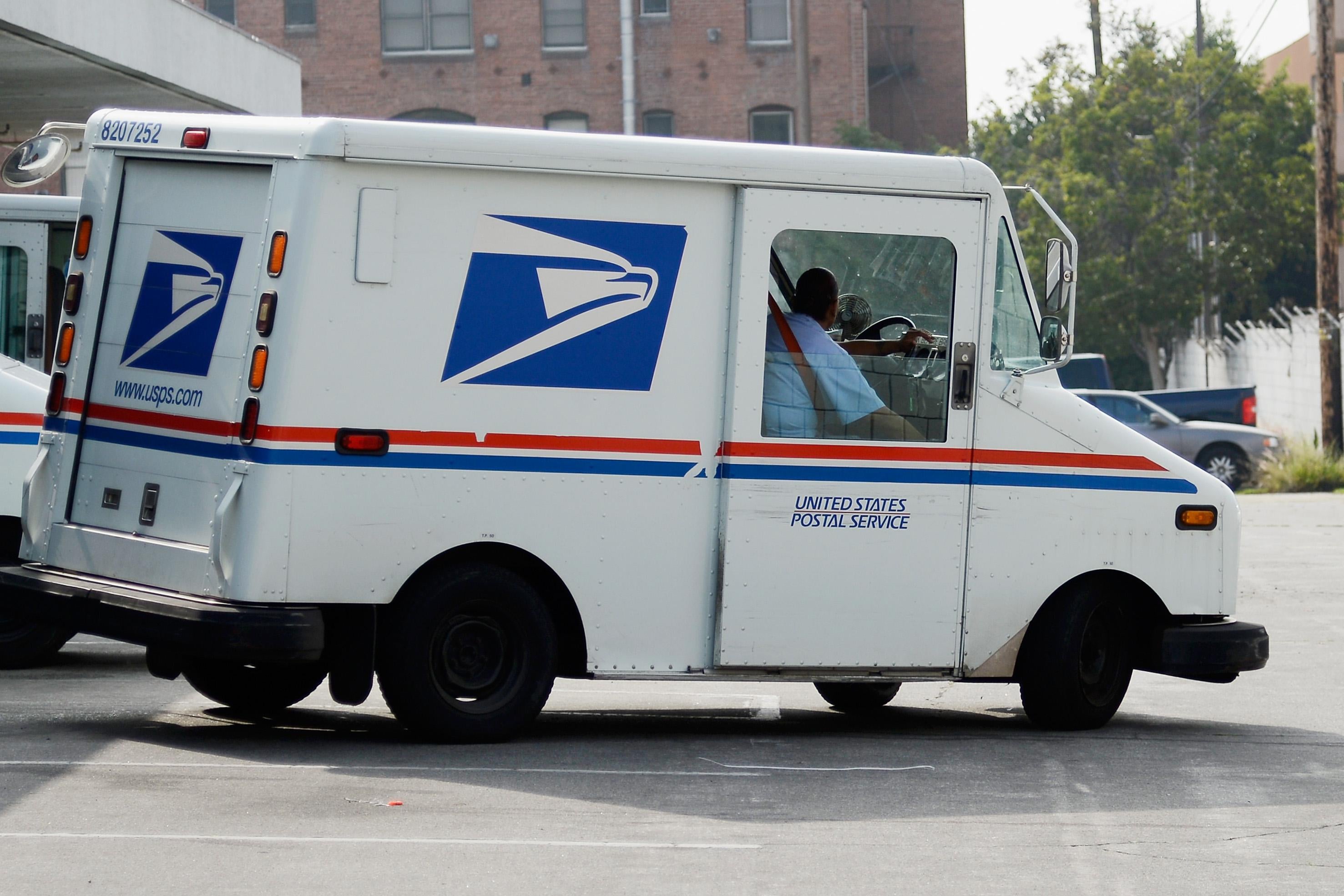The latest on the U.S. Postal Service:
The financially troubled Postal Service on Friday posted a net loss of $1.9 billion in the second quarter, which ended March 31, compared with a $1.3 billion loss last quarter, when holiday shopping and heavy spending on political advertising during the 2012 election helped the agency. […]
The Postal Service said it continued to suffer from a 2006 Congressional mandate that requires it to pay $5.5 billion annually into a health fund for its future retirees. The agency defaulted on two payments last year for the first time and said it would not be able to make payments into the fund this year because of its worsening finances. The Postal Service and postal worker unions said Congress needed to fix the requirement by lowering the amount of the payments and stretching out the length of time needed to pay it.
This issue of the payments to retirees is interesting. I’ve heard plausible defenses of it, but at the same time it’s true that private-sector firms don’t account in this way. That said, if you add a $1.3 billion first-quarter loss to a $1.9 billion second-quarter loss, then it looks pretty clear that the USPS would be losing money even without the question of the $5.5 billion. The issue here is that the way the Postal Service is supposed to work is that a lucrative monopoly on First Class Mail allows it to provide various services the U.S. Congress deems desirable, but the monopoly on First Class Mail grows less lucrative by the day. To maintain the Postal Service’s services, Congress would need to come up with some other revenue source.
So it’s a good time to ask the question of whether USPS’ services—primarily subsidized mail and parcel delivery to rural areas, and subsidized delivery of print magazines—are really all that important in the present day. It seems to me that they aren’t. Rural life in general already receives plenty of subsidy from the government. Since the main lobbying constituency for the Postal Service is basically the unions representing the people who work there, what we ought to do is privatize the USPS as a worker-owned firm. Then the key stakeholders could work on management reform to increase efficiency, would be free to abandon deadweight service obligations, and would be able to unlock the considerable value of the Postal Service’s real estate portfolio.
